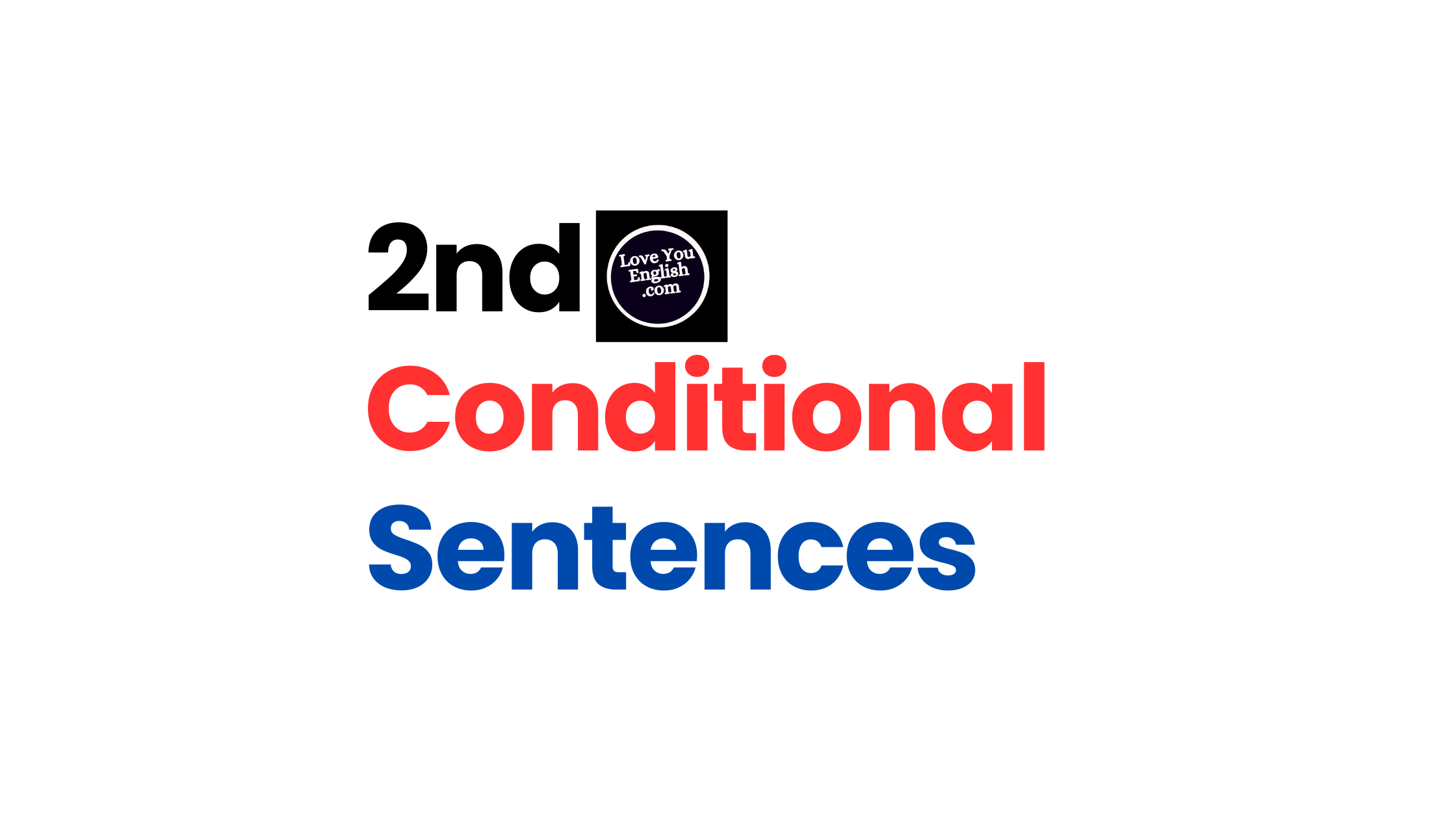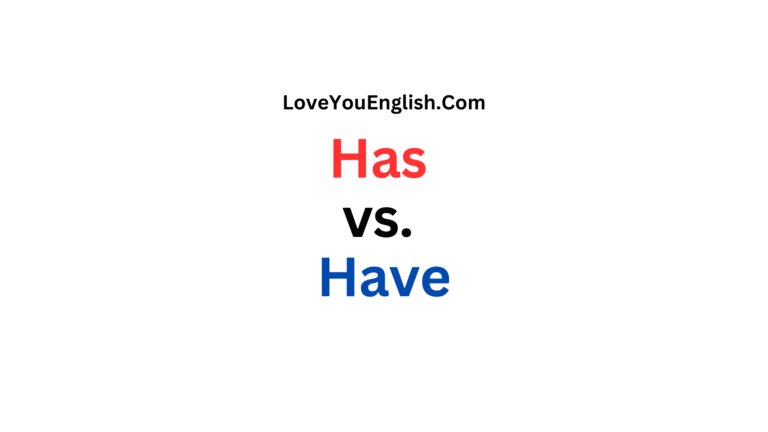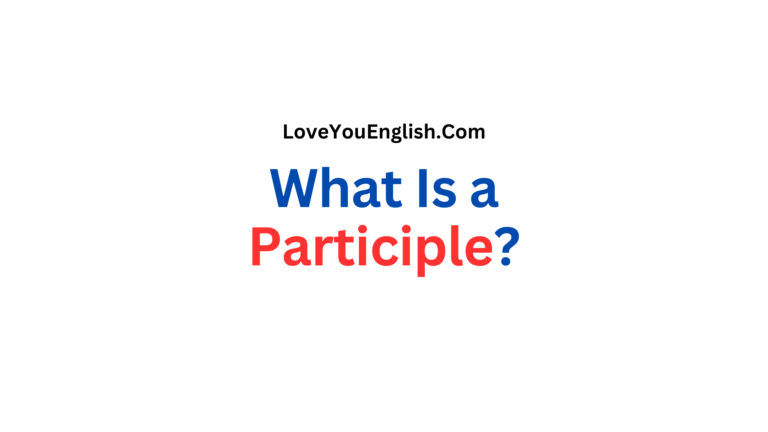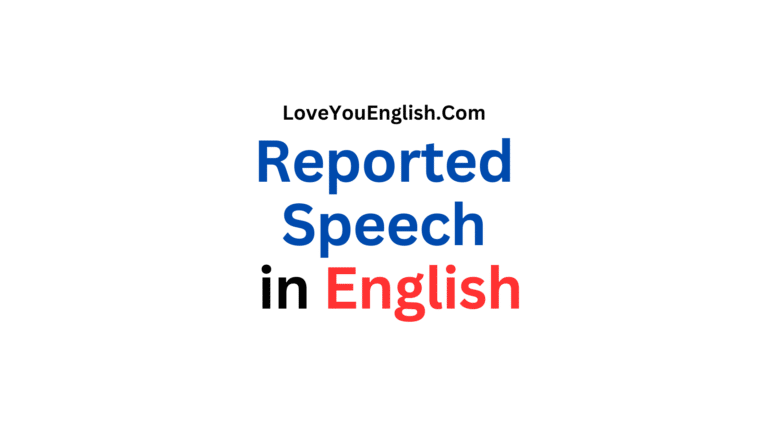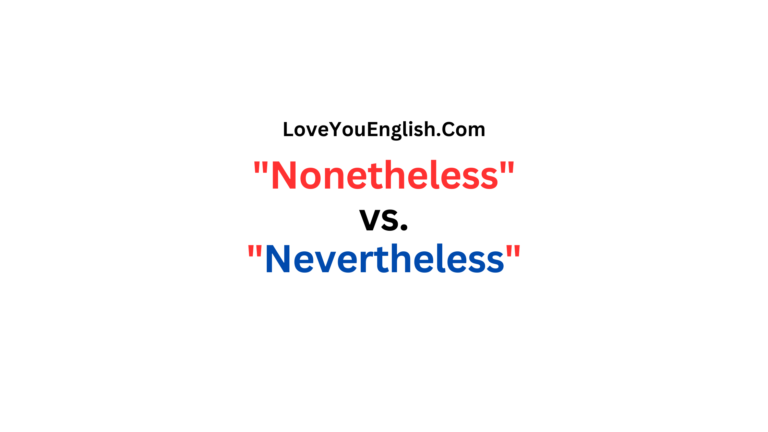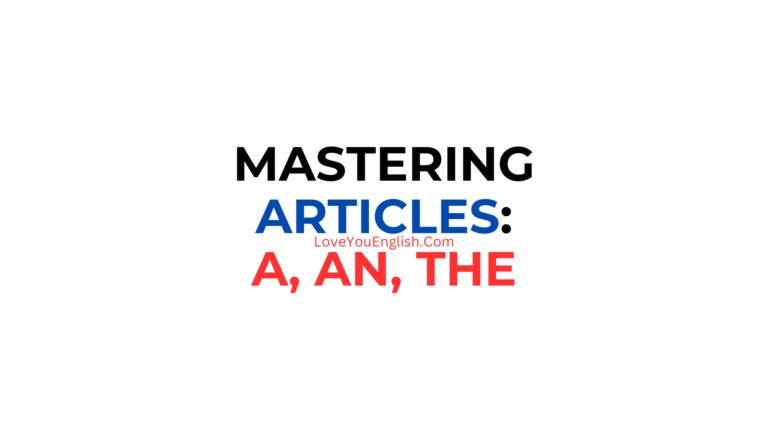Understanding the Second Conditional Sentence: A Guide
Understanding the Second Conditional Sentence: A Guide
Have you ever found yourself daydreaming about what you’d do if you won the lottery?
Or perhaps you’ve wondered how different your life might be if you had chosen a different career path?
If so, you’ve been thinking in terms of the second conditional sentence without even realizing it!
In this blog post, we’re going to dive deep into the world of second conditional sentences.
We’ll explore what they are, how to use them, and why they’re such an important part of the English language.
By the end of this post, you’ll be a master of the second conditional, able to express hypothetical situations and their potential outcomes with ease.
What is a Conditional Sentence?
Before we jump into the second conditional, let’s start with the basics.
A conditional sentence is a type of sentence that expresses a condition and its result.
In simpler terms, it’s a sentence that says, “If this happens, then that will happen.”
There are four main types of conditional sentences in English:
- Zero Conditional
- First Conditional
- Second Conditional
- Third Conditional
Each type of conditional sentence is used for different situations and has its own unique structure.
In this lesson, we’re focusing on the second conditional, but it’s helpful to understand where it fits in the bigger picture.
What is the Second Conditional Sentence?
The second conditional sentence is used to talk about imaginary or hypothetical situations in the present or future.
These are situations that are either unlikely to happen or impossible.
When we use the second conditional, we’re often dreaming, wishing, or speculating about things that probably won’t come true.
Here’s a simple example:
“If I won the lottery, I would buy a big house.”
In this sentence, winning the lottery is the unlikely condition, and buying a big house is the imaginary result.
Structure of the Second Conditional Sentence
The second conditional sentence has a specific structure that you need to follow.
Here’s the basic formula:
If + past simple, would + base verb
Let’s break this down:
- The “if” clause uses the past simple tense.
- The main clause uses “would” followed by the base form of the verb.
Here are a few more examples:
- If I had more time, I would learn to play the piano.
- She would travel the world if she had enough money.
- If he spoke French, he would move to Paris.
Notice how in each of these sentences, we’re talking about situations that aren’t real.
The speaker doesn’t have more time, doesn’t have enough money, and doesn’t speak French.
But they’re imagining what might happen if these conditions were true.
When to Use the Second Conditional
Now that we understand the structure, let’s explore when it’s appropriate to use the second conditional.
There are several common scenarios:
Unlikely or Impossible Situations
The most common use of the second conditional is to talk about situations that are unlikely or impossible in the present or future.
For example:
“If I were the president, I would make education free for everyone.”
Unless you’re currently running for office, it’s unlikely that you’ll become the president.
But the second conditional allows you to imagine what you might do in that situation.
Giving Advice
We often use the second conditional to give advice in a gentle or hypothetical way.
For instance:
“If I were you, I would apologize to her.”
Here, we’re not actually putting ourselves in the other person’s shoes (that’s impossible!), but we’re using this structure to offer advice.
Expressing Wishes or Regrets
The second conditional can be used to talk about things we wish were different in the present.
For example:
“If I knew how to code, I would create my own app.”
This sentence expresses a wish (knowing how to code) and its hypothetical result (creating an app).
Making Polite Requests
Sometimes, we use the second conditional to make polite requests or offers.
For instance:
“Would you mind if I opened the window?”
Although this doesn’t follow the exact structure we discussed earlier, it’s still a form of the second conditional used to make a polite request.
Common Mistakes with the Second Conditional
As with any aspect of language, there are some common mistakes that learners often make when using the second conditional.
Let’s look at a few of these and how to avoid them:
Using “Would” in Both Clauses
One of the most common mistakes is using “would” in both parts of the sentence.
Remember, “would” only appears in the main clause, not in the “if” clause.
Incorrect: If I would win the lottery, I would buy a house.
Correct: If I won the lottery, I would buy a house.
Using Present Tense in the “If” Clause
Another common error is using the present tense in the “if” clause instead of the past simple.
Incorrect: If I have more time, I would learn French.
Correct: If I had more time, I would learn French.
Forgetting to Use “Were” with “I” and “He/She/It”
When using “to be” in the “if” clause with “I” or “he/she/it”, we use “were” instead of “was”.
This is one of the few instances in English where we use “were” with singular subjects.
Incorrect: If I was rich, I would buy a yacht.
Correct: If I were rich, I would buy a yacht.
However, in informal speech, many native speakers do use “was” in these situations.
But for formal writing or speaking, it’s best to stick with “were”.
Confusing Second and Third Conditionals
Sometimes, learners mix up the second and third conditionals.
Remember, the second conditional is for present or future hypothetical situations, while the third conditional is for past hypothetical situations.
Second Conditional: If I had more time, I would learn to cook. (present/future)
Third Conditional: If I had had more time, I would have learned to cook. (past)
The Difference Between First and Second Conditional
To fully understand the second conditional, it’s helpful to compare it with the first conditional.
While they might seem similar at first glance, they’re used for very different situations.
First Conditional:
- Used for real possibilities in the future
- Structure: If + present simple, will + base verb
- Example: If it rains tomorrow, I will stay at home.
Second Conditional:
- Used for unlikely or impossible situations in the present or future
- Structure: If + past simple, would + base verb
- Example: If it rained diamonds, I would become rich.
The key difference is the level of possibility.
The first conditional is for things that could realistically happen, while the second conditional is for things that are unlikely or impossible.
Variations of the Second Conditional
While the basic structure of the second conditional is “If + past simple, would + base verb,” there are some variations you might encounter:
Using “Could” or “Might” Instead of “Would”
Sometimes, we use “could” or “might” instead of “would” in the main clause.
This usually indicates a lower level of certainty about the result.
- If I won the lottery, I could travel the world. (indicates ability)
- If I won the lottery, I might buy a new car. (indicates possibility)
Using “Unless” Instead of “If”
We can use “unless” to mean “if not” in conditional sentences:
“Unless I won the lottery, I wouldn’t quit my job.”
This means the same as: “If I didn’t win the lottery, I wouldn’t quit my job.”
Omitting “If”
In some cases, we can omit “if” and invert the subject and verb in the if-clause:
“Were I rich, I would donate to charity.”
This means the same as: “If I were rich, I would donate to charity.”
This structure is quite formal and is more common in writing than in speaking.
Using the Second Conditional in Different Contexts
Now that we’ve covered the basics, let’s look at how the second conditional is used in various contexts:
In Literature
Authors often use the second conditional to create vivid hypothetical scenarios or to explore characters’ dreams and wishes.
For example:
“If she were a bird, she would fly away from this place.”
In Business
In business contexts, the second conditional can be used to discuss hypothetical scenarios or potential strategies:
“If we invested in new technology, we would increase our productivity.”
In Politics
Politicians and commentators often use the second conditional to discuss potential policies or outcomes:
“If the government raised taxes, it would have more money for public services.”
In Everyday Conversation
In daily life, we use the second conditional to discuss our dreams, give advice, or make plans:
“If I had a day off, I would sleep until noon.”
“If I were you, I wouldn’t trust him.”
“What would you do if you won a million dollars?”
In Academic Writing
In academic contexts, the second conditional can be used to explore theoretical scenarios:
“If gravity didn’t exist, the universe would be fundamentally different.”
Practicing the Second Conditional
Now that we’ve explored the second conditional in depth, it’s time to practice!
Here are some exercises you can try:
-
Complete the Sentences
Fill in the blanks with the correct form of the verbs in parentheses:
- If I _____ (have) a car, I _____ (drive) to work.
- She _____ (be) happier if she _____ (change) her job.
- If we _____ (know) the answer, we _____ (tell) you.
-
Create Your Own Sentences
Try creating your own second conditional sentences based on these prompts:
- Winning the lottery
- Having a superpower
- Speaking every language in the world
- Being the CEO of a major company
-
Rewrite First Conditional Sentences as Second Conditional
Change these first conditional sentences into second conditional:
- If it rains, we will stay home.
- I will help you if you ask me.
- If she studies hard, she will pass the exam.
-
Role Play
With a partner, take turns asking and answering “What would you do if…” questions.
This is a great way to practice using the second conditional in conversation.
Conclusion
The second conditional is a powerful tool in the English language.
It allows us to express our dreams, give advice, make polite requests, and discuss hypothetical situations.
By mastering the second conditional, you open up a whole new world of expression in English.
Remember, the key points are:
- The second conditional is used for unlikely or impossible situations in the present or future.
- The structure is: If + past simple, would + base verb.
- Common uses include expressing wishes, giving advice, and making polite requests.
- Be careful to avoid common mistakes like using “would” in both clauses or forgetting to use “were” with “I” and “he/she/it”.
Like any aspect of language, the best way to improve your use of the second conditional is through practice.
Try to incorporate it into your everyday English use, whether you’re writing, speaking, or even just thinking in English.
Before you know it, you’ll be using the second conditional with confidence and ease.
So, what would you do if you could master the second conditional?
Well, now you can find out!
Keep practicing, and soon you’ll be expressing hypothetical situations like a native speaker.

